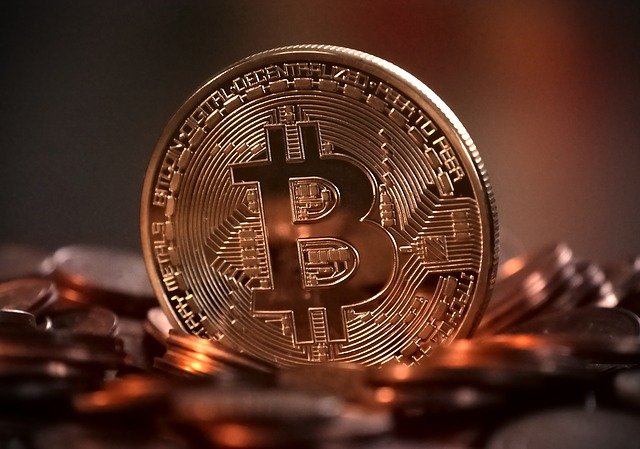The recent U.S. listings of futures-based bitcoin exchange-traded funds (ETFs) expand the range of channels for investors looking to obtain cryptocurrency exposure. However, according to Fitch Ratings, synthetic or direct fund exposures present trade-offs around risk transparency, pricing, operational complexity and the evolving path and scope of regulation.
In Fitch’s opinion, the lack of opposition from the U.S. Securities and Exchange Commission (SEC) for the first ETF based on bitcoin futures reflects the relative comfort of regulators around the trading of instruments within regulated venues rather than an endorsement of the underlying cryptocurrency and is likely to advance the development of similar products.
The current market capitalization of bitcoin ETFs and mutual funds is dwarfed by the Grayscale Bitcoin Trust, a Canadian trust invested in cryptocurrencies. This trust had approximately CAD26 billion in AUM at end-July 2021. However, the firm points out that the U.S. is poised to become the global leader in crypto ETFs with significant market interest and a focus on regulation. Conversely, China recently banned crypto investing.
According to Fitch Ratings, investors in futures-based ETF funds will be exposed to additional price volatility risk and tracking discrepancies between bitcoin and futures prices. Futures-based funds may also underperform funds with physical crypto exposure due to the associated costs of entering into new future contracts and from lack of upside from any software updates – so-called “hard forks” – that yield new coins. In addition, contango (or backwardation) markets may result if the futures price is above (or below) the expected future spot price, further increasing risks for less experienced retail investors.
“The rapid growth in funds may also push the limits on the number of contracts that a fund can own, increasing the challenges of fund/ETF management. Custodial considerations stemming from the physical investing in crypto assets may leave ETFs and funds vulnerable to additional financial and operating risks. Financial institutions with exposure to or that facilitate bitcoin ETFs face increased financial, operational, regulatory and reputational complexities and risks. However, benefits could include higher, more diversified revenue and AUM growth from increased market share and franchise position in cryptocurrencies”, says the firm.
In its view, trading interruption, redemption risks and price volatility are key risks for funds and ETFs investing in cryptocurrencies. Liquidity, while likely still available to ETF investors in periods of elevated price volatility (i.e. crypto price declines), would likely be at substantial discounts. However, until regulatory further clarity is established, including addressing critical definitional questions, crypto investments not only run the risk of becoming substantially devalued due to inherent volatility of the underlying asset, but also from regulatory change or other development that could ban some investments, which could negatively affect investors accessing the sector through trading or fund accounts.
The existing vehicles in Canada demonstrate some of the risks associated with volatility in the underlying assets. Specifically, a number of Canadian Bitcoin ETFs issued market disruption notices in May 2021 indicating that continued stress could force the ETFs to temporarily suspend trading. However, Canadian ETFs were able to continue operating normally through a period of significant volatility, suggesting that ETFs functioned as intended. This may add weight to applications to regulators for cryptocurrency-backed ETFs and mutual funds in other markets.
According to Fitch Ratings, “physical” crypto ETFs are not exposed to futures market dynamics but instead face custody and bankruptcy-remoteness risks, alongside cybersecurity risks associated with electronic wallets holding crypto assets. These represent just some of the risks that the SEC is focused on, ahead of a November deadline for approving (or not opposing) the launch of physical bitcoin ETFs.




